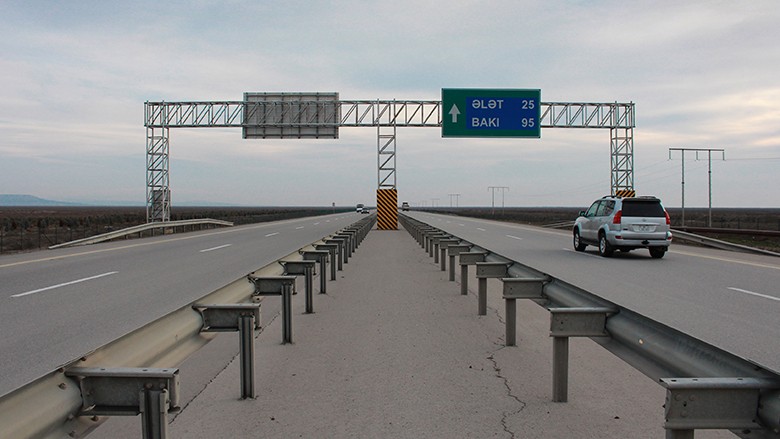The European Union and Azerbaijan have cooperated very closely since the independence of Azerbaijan. In the early 1990s, the fall of communism, which was fostered by national movements, reached its flourishing conclusion: independence. The EU, as always, actively supported developing countries and assisted newly independent post-soviet countries, including Azerbaijan. Not surprisingly, the TACIS (Technical Aid to the Commonwealth of Independent States) program[1], was developed and implemented to help newly independent countries in their transition to market economies, foster democratic processes, and promote rule of law. Interestingly, Russia was also one of the countries covered by the program. (Ministry of Economic Development, 2013)
Establishing its very first links with the European Union via the TACIS programme, Azerbaijan strived for even more cooperation. The then on-going political issues in Azerbaijan prolonged this deepening of cooperation by the late 90s. The Partnership and Cooperation Agreement (PCA), which was signed in April 22, 1996, had not been ratified until July 1, 1999. This agreement was the first official agreement between the European Union and Azerbaijan, which established an appropriate framework for the political dialogue between the EU member countries and Azerbaijan by allowing the development of political relations and helping Azerbaijan transition to a market economy. The agreement also promoted trade, investment, and mutually beneficial economic relations between the EU and Azerbaijan. This, in turn, will foster sustainable economic development in Azerbaijan. Lastly, the agreement aimed to provide a basis for cooperation with Azerbaijan on financial, economic, social, legislative, scientific, technological and cultural affairs. The agreement has a predetermined termination date of 99/99/9999, signifying indefinite, continuous cooperation between the EU and Azerbaijan.

